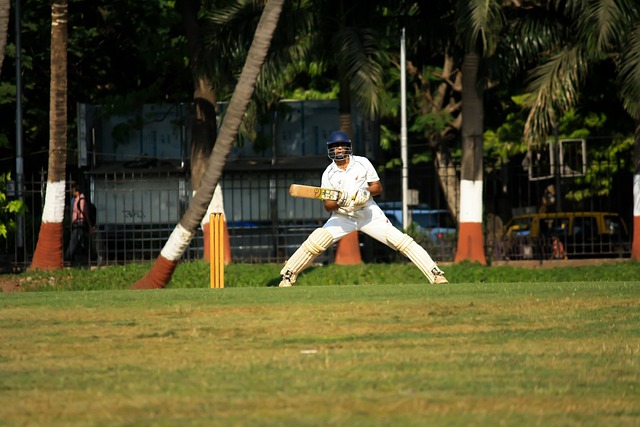Exploring the Role of Umpires in Cricket Matches
Sky247, Betbook247: Umpires play a crucial role in maintaining fairness and integrity during cricket matches. They are responsible for ensuring that the game is conducted in accordance with the rules and regulations set by the International Cricket Council. Their primary duty is to make impartial decisions on various aspects of the game, such as dismissing players, judging on-field incidents, and upholding the spirit of sportsmanship.
Throughout the history of cricket, umpires have been considered as the ultimate authority on the field. Their decisions are binding and are rarely overturned unless there is concrete evidence to suggest otherwise. The presence of umpires instills a sense of discipline among players and helps in upholding the values of respect and sportsmanship. Without their supervision, the game would lack structure and the level playing field that is essential in determining the superior team.
The Authority of Umpires on the Field
Umpires play a crucial role in maintaining the sanctity and fairness of cricket matches. Their authority on the field is unquestionable, as they are responsible for interpreting and enforcing the laws of the game in a neutral and impartial manner. Every decision made by an umpire holds immense significance in the outcome of a match, influencing the players’ performance and overall spirit of the game.
The authority vested in umpires extends beyond mere rule enforcement; it embodies respect, precision, and integrity. Umpires are entrusted with the power to adjudicate on various aspects of the game, including determining dismissals, signaling boundaries, and managing player conduct. Their rulings are binding and final, shaping the flow and dynamics of the match and upholding the essence of cricket as a gentleman’s game.
The Decision-Making Process of Umpires
Umpires in cricket matches play a crucial role in upholding the integrity of the game. Their decision-making process is based on a combination of experience, knowledge of the rules, and keen observation skills. When an umpire makes a decision on the field, it is done with the intention of ensuring fair play and maintaining the spirit of the game.
The decision-making process of umpires is not always straightforward, as they often have to make split-second judgments in high-pressure situations. Umpires undergo rigorous training to sharpen their decision-making skills and are constantly evaluated to ensure consistency and accuracy in their calls. Ultimately, the trust in the umpires’ abilities to make fair and unbiased decisions is what enables cricket matches to be played with sportsmanship and respect for the rules.
• Umpires rely on a combination of experience, knowledge of the rules, and observation skills
• Decision-making process is crucial for upholding the integrity of the game
• Split-second judgments are often required in high-pressure situations
• Rigorous training is undergone to sharpen decision-making skills
• Consistency and accuracy in calls are constantly evaluated
What role do umpires play in cricket matches?
Umpires play a crucial role in ensuring fair play and upholding the rules of the game in cricket matches.
What authority do umpires have on the field?
Umpires have the authority to make decisions on the field, such as judging whether a batsman is out, calling no balls and wides, and enforcing penalties for breaches of the rules.
How do umpires make decisions during a match?
Umpires make decisions based on what they observe on the field, using their knowledge of the rules and their judgment to determine the outcome of various situations.
Can umpires change their decision once it has been made?
Umpires can only change their decision if they realize that they have made a clear error, known as an “umpire’s call,” upon consultation with their fellow umpire or the use of technology such as the Decision Review System (DRS).
What qualifications are required to become a cricket umpire?
To become a cricket umpire, individuals must undergo training, pass examinations, and gain practical experience officiating matches to demonstrate their knowledge and competence in applying the rules of the game.







